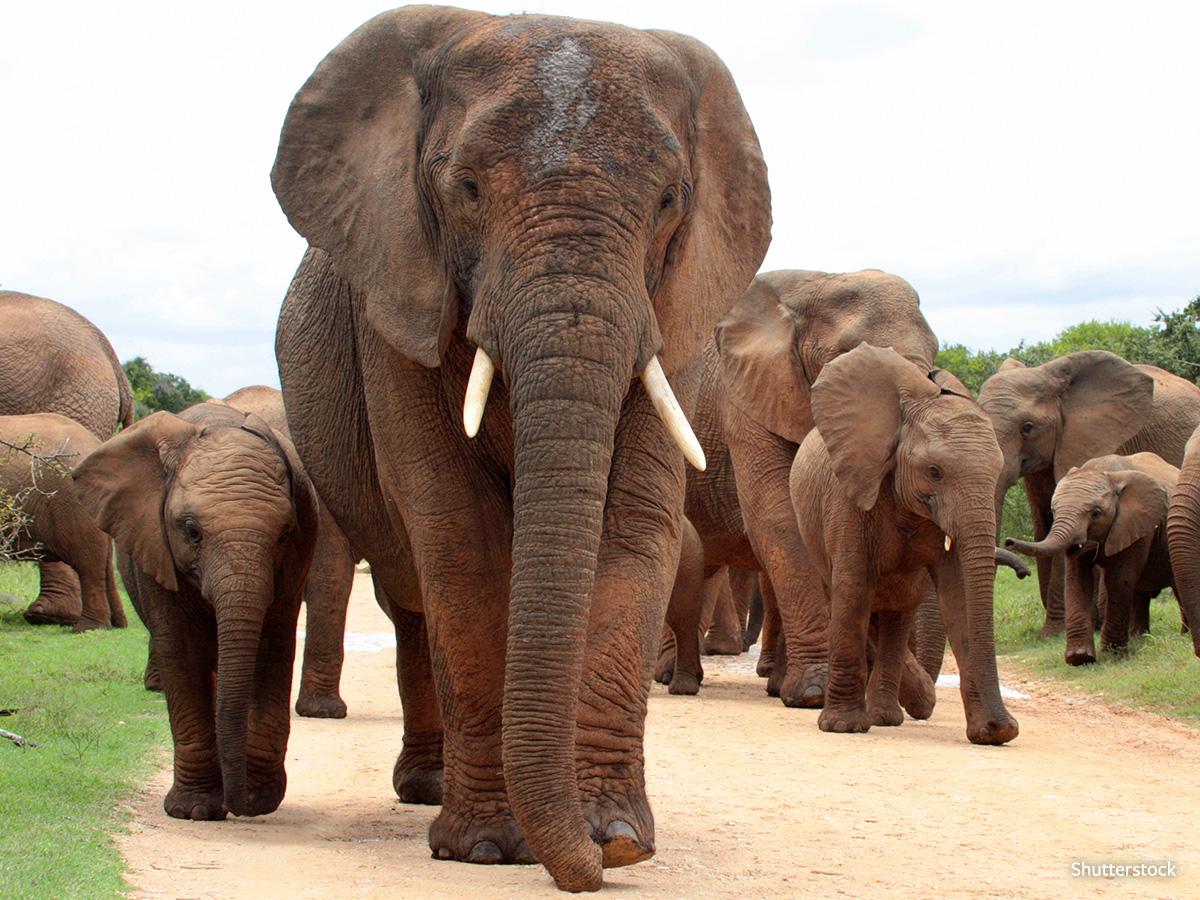The Devastating Loss of Matriarchs Threatens Elephant Survival
Across Africa, the oldest and wisest members of elephant herds — the matriarchs — are under siege. Targeted by poachers, disrupted by habitat destruction, and pursued in the name of sport, these vital leaders are disappearing. A landmark study published by the Royal Society and led by top elephant researchers has revealed the devastating toll these losses are taking, not just on individual elephants, but on entire herds and the cultural fabric that binds them.
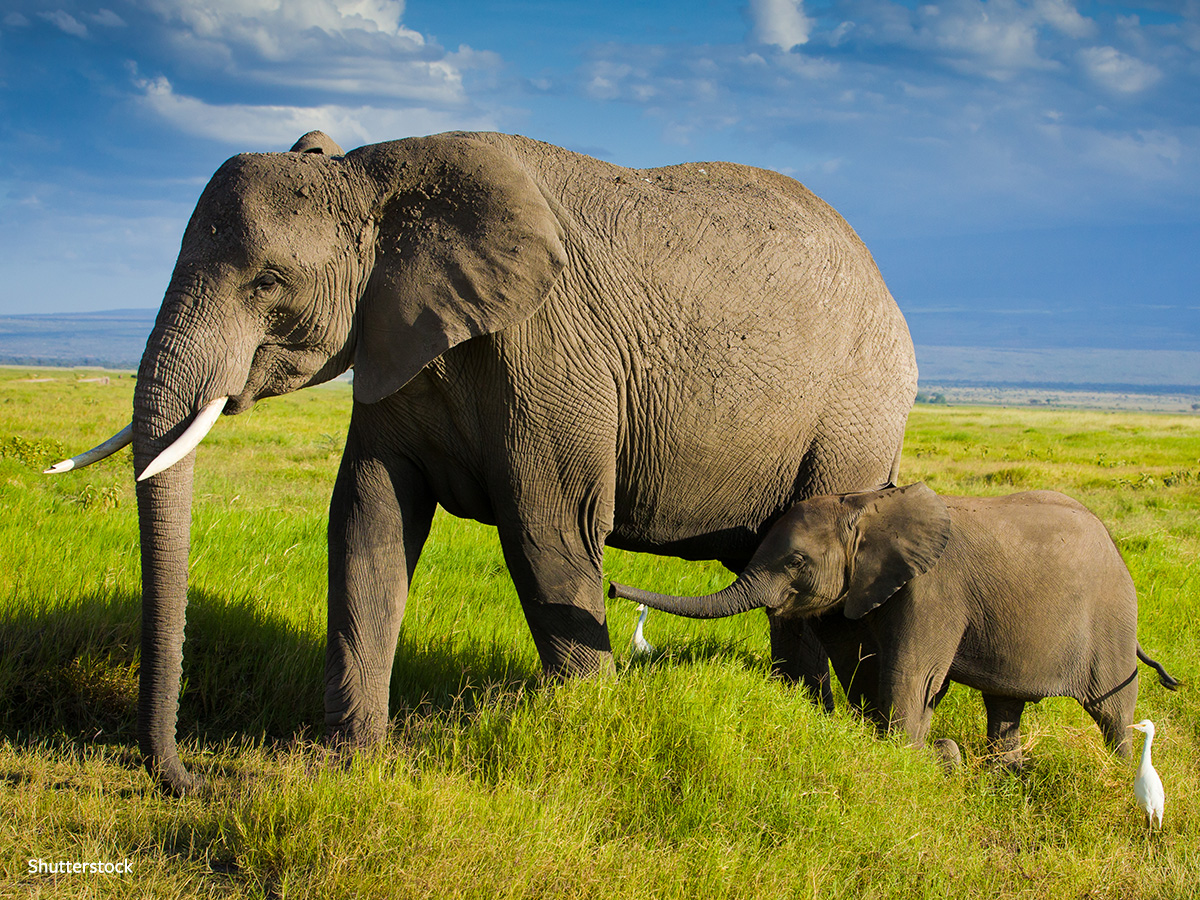
The Living Libraries of Elephant Society
Matriarchs pass down essential information about where to find water during droughts, guide migrations, and alert younger elephants to dangers. Without matriarchs, elephant society is broken, fragmented, and vulnerable to more threats that severely threaten not just individuals but entire populations.
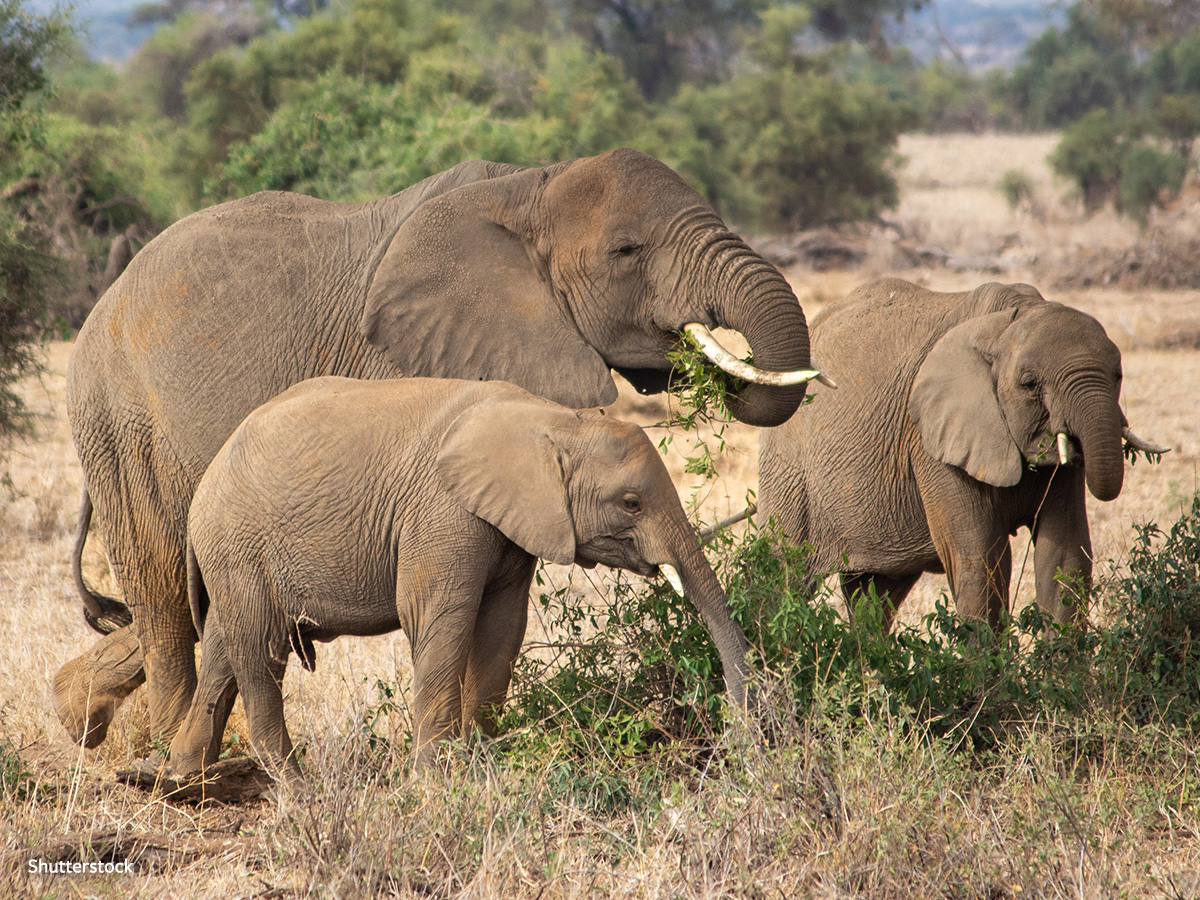
The study concludes that conserving elephant social ties is as vital as preserving their habitats.
Elephants, very much like humans, need elders to learn from, stories to guide them, and a community to belong to.
“Understanding and safeguarding the social lives of elephants is no longer optional. It's a necessity for ensuring these magnificent animals thrive in an increasingly human-dominated world,” said Graeme Shannon, co-author from Bangor University’s School of Environmental and Natural Sciences.
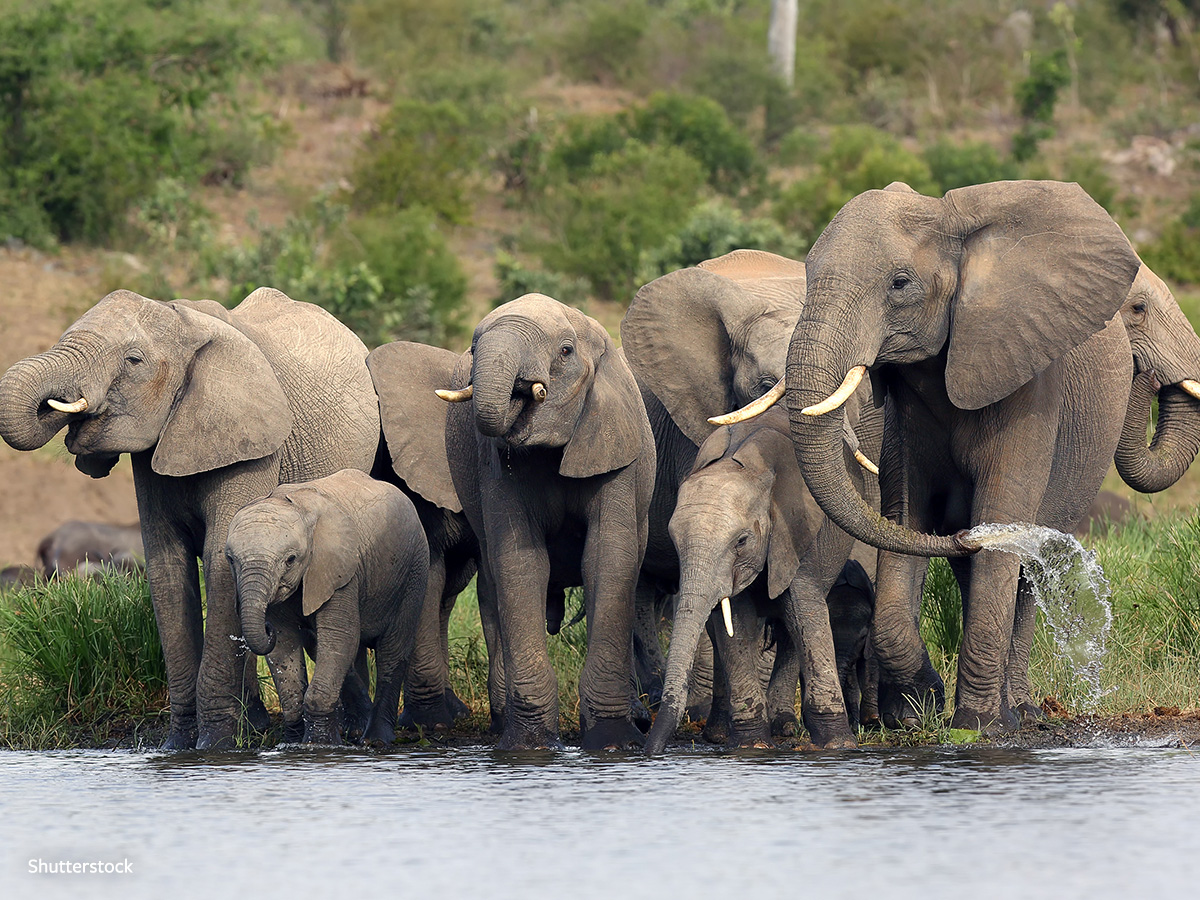
The Loss of Matriarchs is a Loss for Humans and Ecosystems
Sport hunters love the thrill of killing matriarchs, the largest members of a herd. Matriarchs are also increasingly targeted for their enormous tusks. Trophy hunters make thousands of dollars from these valuable parts of an elephant's anatomy. But the cost to elephants, humans, and ecosystems is immeasurable.
The rampant dissolution of elephant societies results in calves facing lower survival rates, along with the failure to learn how to deal with predator or human threats. This leads to more aggression, resulting in more human/elephant conflicts.
Healthy elephant herds are also vital to ecosystems. Elephants influence seed dispersal. If this is interrupted, the biosystem that has relied on elephant migrations for millennia is imperiled.
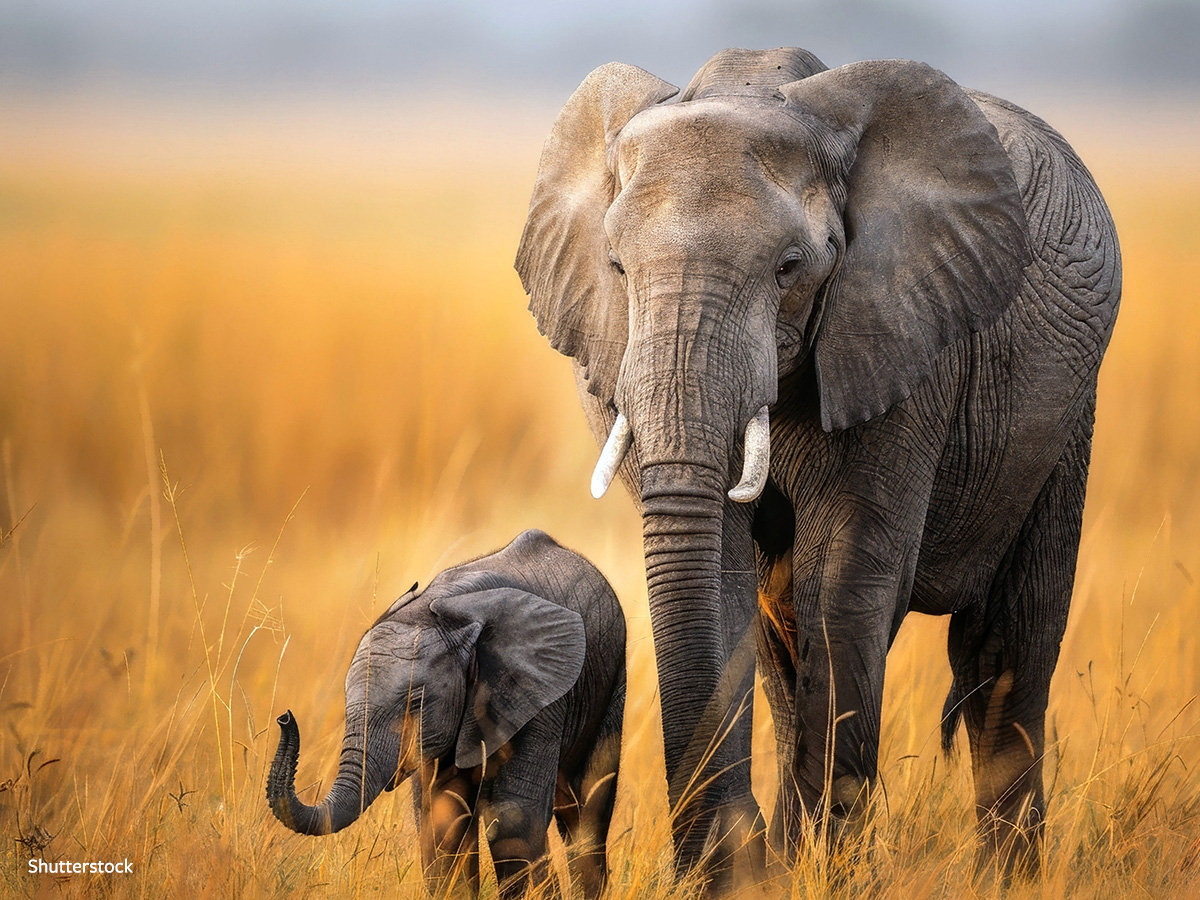
The Way Forward: Protecting Elephant Culture
The study’s authors urge immediate action by implementing these key plans:
- Protect key individuals: Focus conservation efforts on safeguarding matriarchs and other experienced elephants.
- Monitor translocations: Evaluate the social impacts of moving elephants between habitats, ensuring herd dynamics are not disrupted.
- Close research gaps: Expand studies on forest and Asian elephants.
We must ensure that the matriarchs — the ancient storytellers of the wild — remain to guide their herds, just as they always have. Without them, the silence across the savannahs and forests will echo with more than loss. It will echo with forgetting.
Learn more about elephant survival in the wild.

